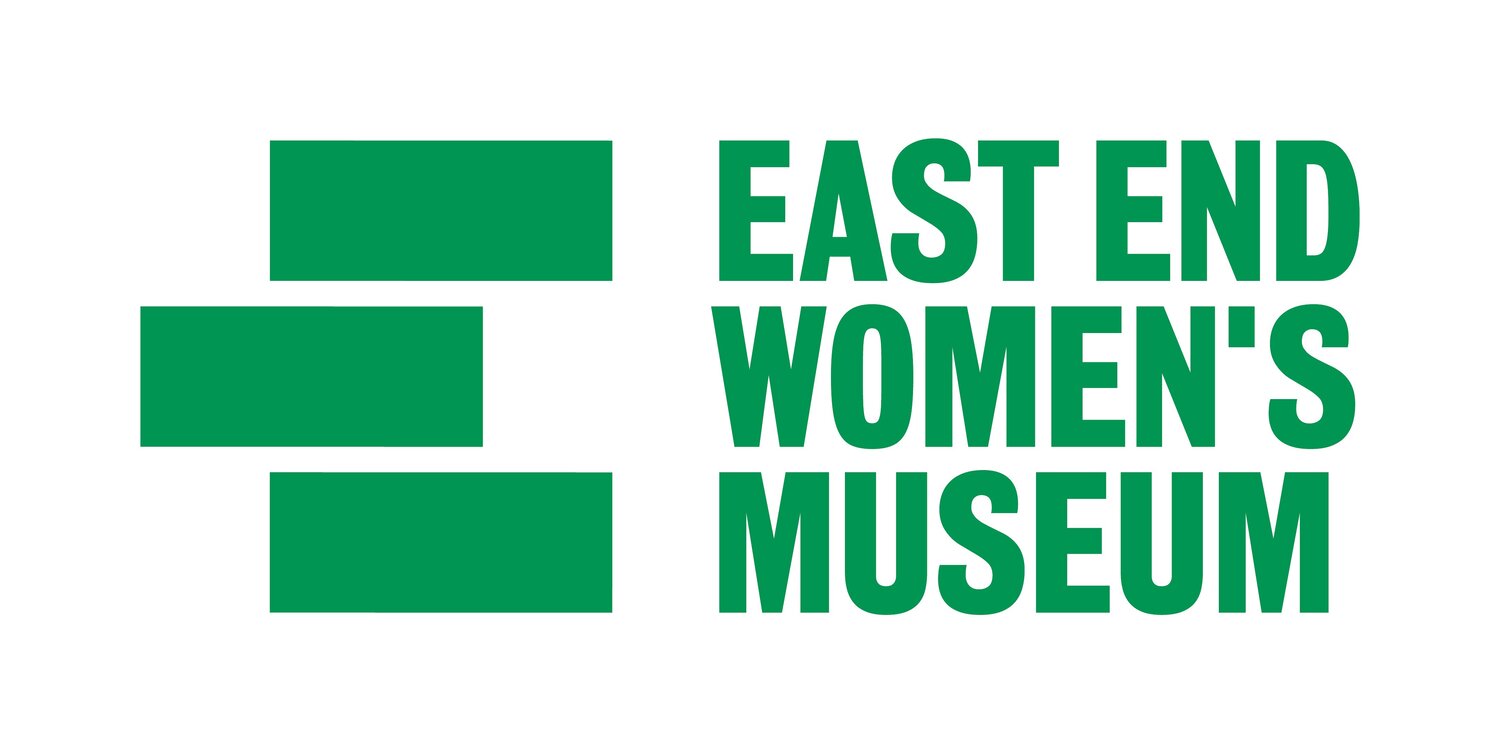Doing it themselves
Many times over the last 100 years in Hackney, women have found that a vital service or facility was missing, or that existing mainstream services were not meeting their needs. Rather than waiting for someone else to step in, they have tried to meet the need themselves by coming together with others in the community.
These services have overwhelmingly targeted issues impacting the lives of women, whether it was a meeting space, healthcare, or a refuge for women escaping domestic abuse.
Often these initiatives started with no funding and relied entirely on volunteers. Providing these services highlighted the vital need for them and the social benefit they provided. As a result, many would go on to became registered charities or receive funding from a local authority.
Many of the nurseries and child day care centres open in Hackney today were set up by activists from the 1970s onwards in response to a desperate lack of facilities for pre-school children, with up to 1,000 on the waiting list for nursery places.
Parents and staff found unused sites such as church halls, empty houses and flats and began ‘Community Nurseries’ for babies and small children, before gaining financial assistance from Hackney Council or other funders. Being run as co-operatives between parents and staff, they were free to provide alternative or even radical approaches to childcare.
Hackney Women’s Aid
Hackney Women’s Aid was started in 1973 by a group of local women to provide the first refuge in Hackney for women fleeing domestic violence.
They were granted the short term use of a series of houses by both the Greater London and Hackney Councils, the first of which was on Rushmore Cresent, Clapton. The buildings required a lot of work to transform them into shelters, and with no grants or formal funding they raised the money needed by holding jumble sales and raffles, and asking for donations.
At first the refuges were run by a handful of volunteers in their spare time alongside full-time jobs. There were some disasters including one building destroyed by fire and the roof collapsing in another, leaving the Borough without any refuge service for months at a time.
Despite setbacks, within the first nine months Hackney Women’s Aid gave refuge to over 50 women and their children. Today, they deliver frontline services to around 2,000 women and girls a year as the charity The Nia Project.
Ngozi Fulani, SISTAH SPACE
Sistah Space is a volunteer-run service based in Hackney working with women and girls in the African and Caribbean community affected by domestic or sexual abuse. African heritage women have some of the highest rates of underreporting and can be reluctant to use mainstream services.
Sistah Space was founded after the violent murder of Valerie Forde and her 23 month old child by an ex-partner. They have no formal funding.
Ngozi Fulani is a founder of Sistah Space, and an Independent Domestic Violence Advisor. She works as a full time volunteer, available round the clock for women experiencing domestic or sexual abuse.
She also works to raise awareness of the challenges and barriers experienced by people of African heritage when accessing mainstream services, and the cultural sensitivities when working with women and girls from these communities.
In this interview she discusses how and why she started Sistah Space.
Essex Road Women’s Centre
“When we find that we do share experiences, it’s not only a big relief, but it makes it easier to try and change things that need changing… it allows us to build our confidence and strength that we as women could change things.”
In February 1974 the Women’s Centre was opened in Islington on the border with Hackney. It grew out of a need to bring together women to discuss their experiences, especially when many were facing isolation at home as primary carers of their children.
As a result, many local women’s groups, campaigns and activities started at the centre.
One of these was a health group, which provided pregnancy testing services and a woman doctor for advice sessions.

